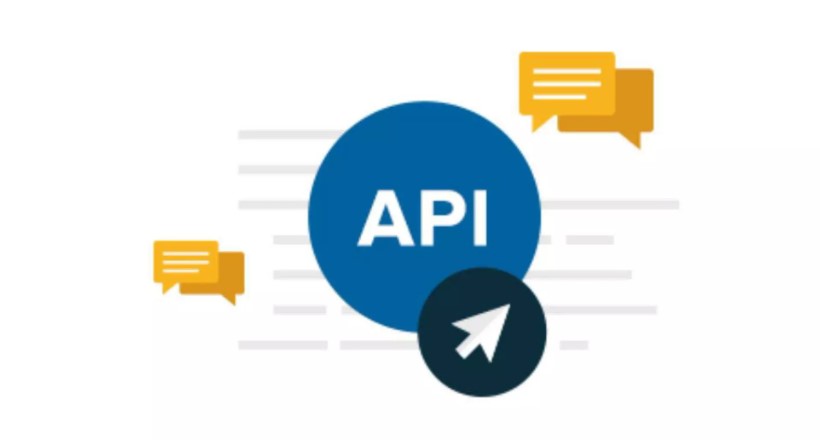An SMS API (Application Programming Interface) is a type of software interface that allows other systems and applications to interact with an SMS gateway, and enable sending and receiving SMS messages. This allows developers to integrate SMS functionality into their own systems, such as websites, mobile apps, and CRM software.
An SMS API provides a set of predefined rules and protocols for accessing the SMS gateway, and allows developers to send and receive SMS messages, as well as retrieve delivery status reports, and manage contacts and lists.

There are different types of SMS API available, such as REST and SOAP, and they can be accessed using various programming languages such as Python, Java, PHP, C#, and more.
One example of a use case, an e-commerce platform could use an SMS API to send an SMS to their customers who has placed an order to notify them of the order and delivery status.
Working of SMS API:
An SMS API works by allowing your application to communicate with an SMS gateway, which is a service that connects your application to the mobile network’s SMS centers. When your application wants to send an SMS, it sends a request to the SMS gateway via the API, specifying the recipient’s phone number and the message to be sent.
The SMS gateway then sends the message to the mobile network’s SMS center, which delivers the message to the recipient’s phone. The process for receiving SMS messages via an API is similar. When an SMS message is sent to a virtual number, it is routed to the SMS gateway, which in turn forwards the message to the specified URL through HTTP request, which can be captured by the application, using the API.
The overall process of sending and receiving SMS messages via an API is typically straightforward, and requires minimal setup and configuration. The main advantage of using an SMS API is that it allows you to easily integrate SMS functionality into your own systems, rather than having to build and maintain your own SMS infrastructure.
There are also different types of SMS gateway services, such as traditional SMS gateway and Cloud-based SMS gateway which allows the user to access the SMS gateway and send/receive message via internet connection.
Read more article: Elements Of SMS Marketing
Benefits of SMS API:
There are several benefits to using an SMS API for sending and receiving text messages in your applications. Some of the main benefits include:
- Scalability: An SMS API allows you to send and receive text messages in large volumes, making it well-suited for businesses and organizations that need to communicate with large numbers of customers or members.
- Automation: SMS APIs enable automatic sending and receiving of SMS messages through predefined codes, which means less human interaction is needed, this can save time and resources.
- Flexibility: An SMS API can be integrated into a wide variety of systems and applications, including websites, mobile apps, and CRM software, making it a versatile communication tool.
- Real-time communication: SMS messages are delivered almost instantly and can be received by the recipients at any time, making it an ideal way to send time-sensitive information and alerts.
- Cost-effective: SMS is generally cheaper than making a phone call and using SMS API can be cost-effective compared to having to pay for per message fees of using a web interface.
- Better engagement: SMS is a personal and direct way to communicate with customers, it can be a more effective way to reach customers and increase engagement with your business.
Overall, SMS API provides an efficient, reliable and cost-effective way of communicating with customers and clients. It can also be used to automate repetitive tasks and can help improve communication and increase productivity across various business and organizational processes.
